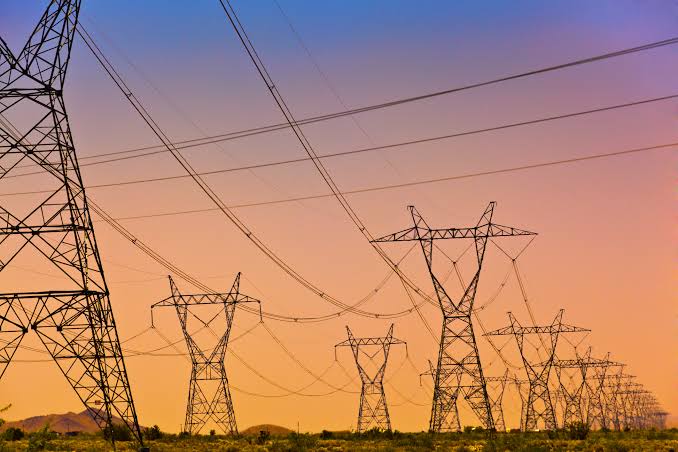A group, the Energy Consumer Rights and Responsibilities Initiative (ECRRI) on Monday backed Senate’s call for suspension of increment in electricity tariffs by electricity Distribution Companies (DisCos).
SEE ALSO: AfDB, Others Inaugurate Second Africa Regional Integration Index
Mr Sural Fadairo, ECCRI National President, told the News Agency of Nigeria (NAN) in Lagos that the tariff increment billed to commence on July 1, should be suspended due to prevailing economic realities.
NAN reports that the Senate, had during recent plenary advised the Nigerian Electricity Regulatory Commission (NERC) to suspend the increment to mitigate economic impact of the COVID-19 pandemic on Nigerians and businesses.
Fadairo said the move had shown that the lawmakers had the interest of ordinary Nigerians who are being subjected to exploitative bills by the DisCos at heart.
He said: “We, as an electricity consumer group have been against any form of increment in tariffs because we feel it is not justifiable.
” Now with the economy being ravaged by Coronavirus, it is only proper that any move to increase tariffs be put on hold because Nigerians are struggling to survive.”
The ECCRI president also commended the Senate for its ongoing probe of the privatisation of the power sector.
He urged the lawmakers to do a thorough job that would help put the sector back on track.
Fadairo said: “It is our belief that the privatisation of the power sector has failed because the nation is still struggling to provide electricity for citizens.
“We believe that the procedures and processes which led to it must be reviewed if Nigerians are to enjoy quality supply of electricity.”
According to him, the privatisation model of the telecommunications sector which has made the industry vibrant today should be emulated in the power sector.
“We have to look at increasing power generation, transmission and distribution to end users and also examine whether those currently saddled with the responsibility have the capacity of actualising that.
” It is not good enough that a nation of almost 200 million people generates less than 5, 000MW of electricity.
“We cannot achieve economic growth and national development under this situation, “Fadairo said.

